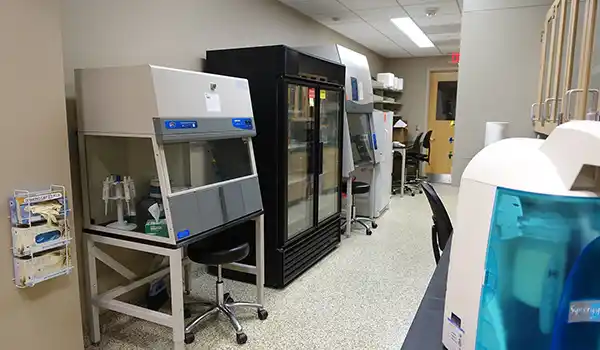
Molecular Anthropology Laboratories (MAL-UTK)
The Molecular Anthropology Laboratories are a suite of laboratories dedicated to DNA analyses of humans, with a specialty in degraded DNA. The labs are also APHIS-inspected and USDA-certified to receive and process foreign soils.
PI: Graciela Cabana
Strong Hall | 1621 West Cumberland Avenue, Knoxville, TN 37996

Organismal Variation Analysis Laboratory (OVAL)
The Organismal Variation Analysis Laboratory (OVAL) is designed to allow morphological researchers to capture metric data from skeletal remains using portable, precise equipment. Skeletal remains from the extensive departmental collections are available for non-destructive data collection. These collections include human skeletons from the Donated Collection. In addition, the department’s unique skeletal collection of pedigreed small primates (tamarins & marmosets) is curated in the OVAL.
PI: Benjamin Auerbach
Strong Hall | 1621 West Cumberland Avenue, Knoxville, TN 37996
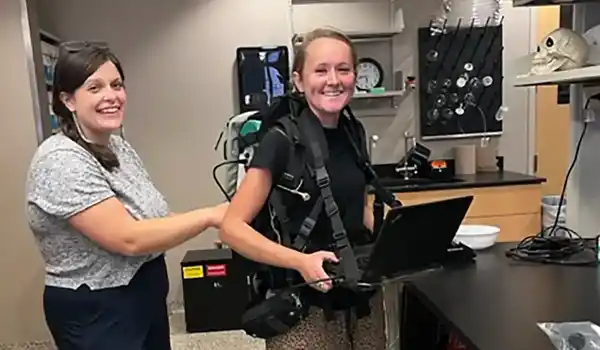
Archaeology Laboratories
The Archaeology Laboratories include equipment for fieldwork, including GPS Trimble units, total stations, a ground-penetrating radar (GPR) machine, gradiometer, and resistivity unit; The labs also include facilities and equipment for processing and analyzing artifacts, including portable X-ray fluorescence analysers (PXRF) and a FORS machine for non-destructive analyses.
Strong Hall | 1621 West Cumberland Avenue, Knoxville, TN 37996
Middlebrook Building | 5723 Middlebrook Pike, Knoxville, TN 37996
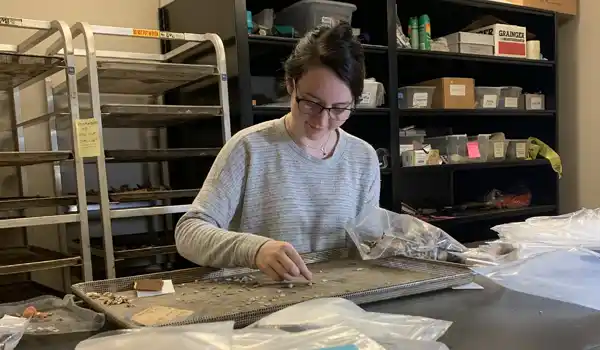
Historical Archaeology Laboratory
The Historical Archaeology Laboratory has facilities for artifact processing, cataloging, and analysis, including workstations, microscopes, cameras, a physical and digital library of resources for artifact identification and archaeological coursework.
PI: Barbara Heath
Strong Hall | 1621 West Cumberland Avenue, Knoxville, TN 37996
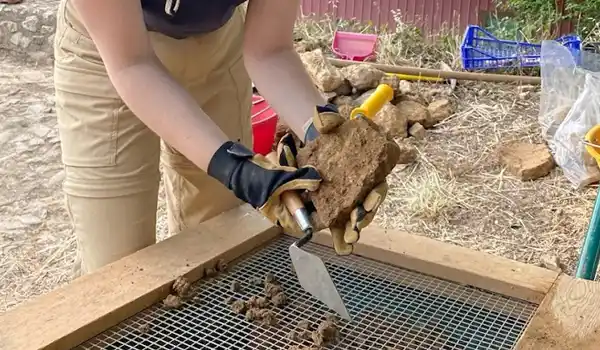
Paleoethobotanical Laboratory
The Paleoethnobotany Laboratory is equipped for the analysis of macrobotanical remains, including processing of floatation samples. Lab areas include Strong Hall, with several stereoscopic zoom microscopes, including one equipped with a camera; the Middlebrook Archaeological Lab, which includes microscopes and a water flotation system; and another flotation lab in Walters Academic Building.
PI: Kandace Hollenbach
Strong Hall | 1621 West Cumberland Avenue, Knoxville, TN 37996
Middlebrook Building | 5723 Middlebrook Pike, Knoxville, TN 37996
Walters Academic Building | 1414 Cumberland Ave, Knoxville, TN 37996
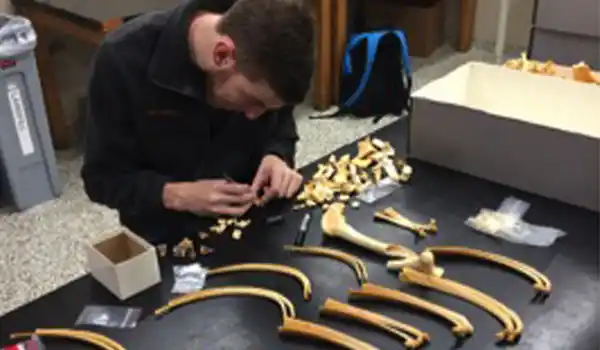
Zooarchaeology Laboratory
The Zooarchaeology Laboratory is equipped for collagen extraction for Zooarchaeology by Mass Spectrometry (ZooMS) and for preparing samples for stable isotope analysis.
It also houses the Vertebrate Osteology Collection, which includes more than 12,000 vertebrate specimens, making it one of the largest of its kind in eastern North America. Established in the early 1970s by Paul Parmalee and Walter E. Klippel, the collection is important for research and public service, and is used extensively in department coursework.
Please reach out to curator Dr. Anneke Janzen if you are interested in volunteering or would like to use the collections for research.
PI: Anneke Janzen
Strong Hall | 1621 West Cumberland Avenue, Knoxville, TN 37996
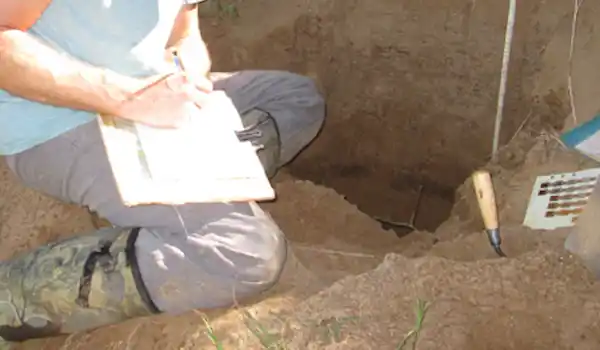
Laboratory of Environmental Archaeology (LEA)
The LEA is a multidisciplinary core facility that includes specialized equipment to aid in the physical, geochemical, and microbotanical characterization of archaeological and environmental materials and near-surface geophysical data collection. An APHIS-inspected facility, it is authorized to receive foreign and domestic soil and analyze samples from around the world.
McClung Museum of Natural History and Culture | 1327 Circle Park Dr, Knoxville, TN 37996
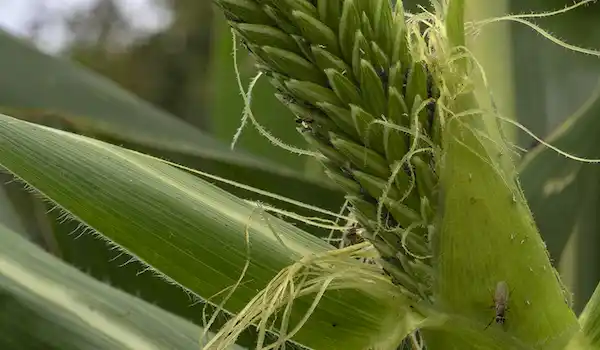
Gary D. Crites Paleoethnobotany Laboratory
The Gary D. Crites Paleoethnobotany Laboratory includes archaeologically recovered plant remains and/or data from more than 100 sites in 10 states and dating back 9,000 years. The extensive comparative collection includes more than 2,000 seed specimens and more than 300 herbarium specimens.
McClung Museum of Natural History and Culture | 1327 Circle Park Dr, Knoxville, TN 37996